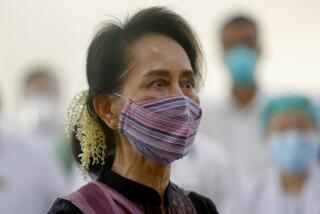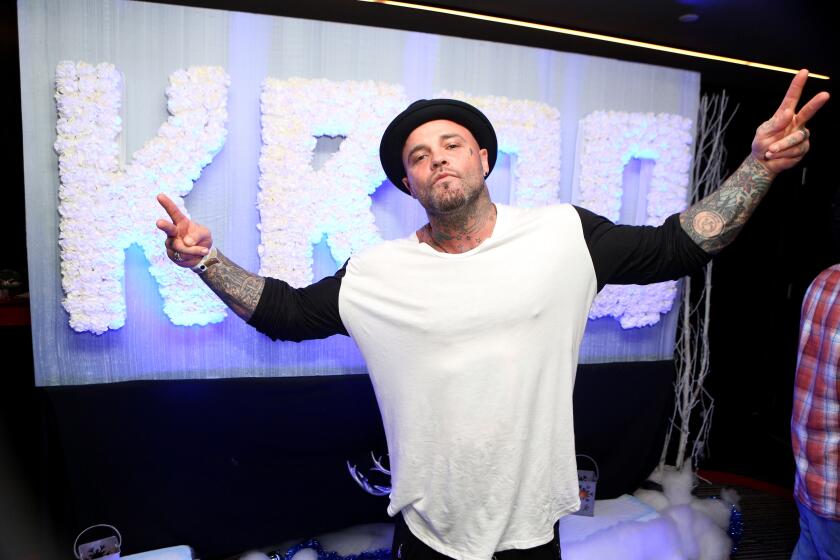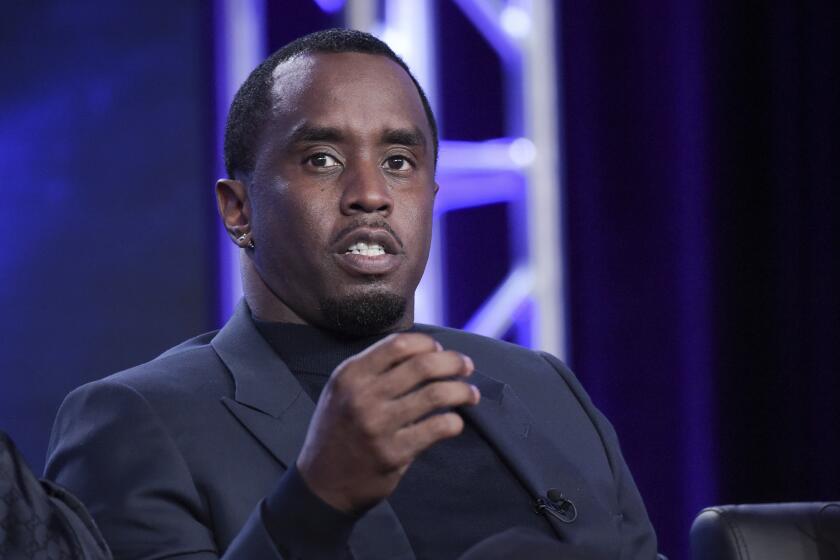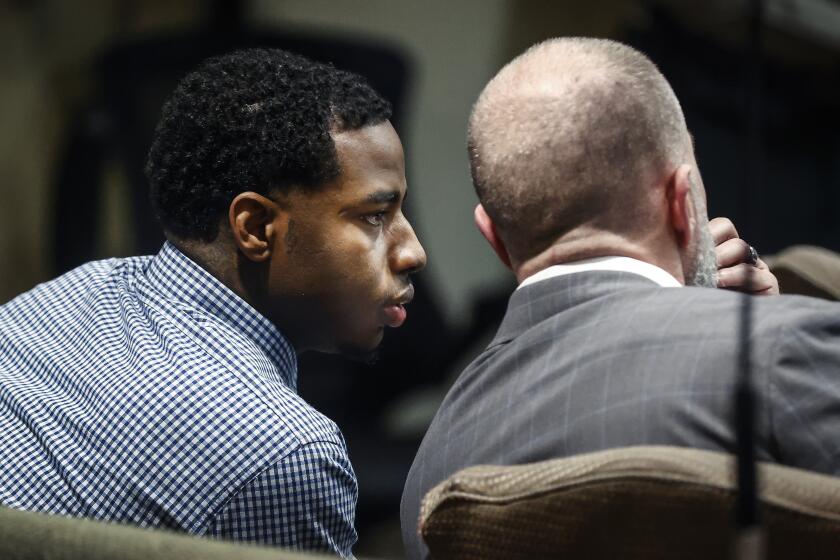Obama in Myanmar: How Ozomatli’s 2009 visit served as a barometer
With President Obama’s visit to Myanmar on Monday, a long-secluded country has earned a rare moment on the world’s stage. Tucked between Thailand and Bangladesh in Southeast Asia, the country also known as Burma has been ruled by a military junta for five decades, but over the last year has gradually begun the process of transforming itself into a more free and open society.
It’s a world away from 2009, when Los Angeles band Ozomatli became the first American musicians to officially perform there in decades. Touring as cultural ambassadors for the U.S. State Department, the band played two concerts and took part in a number of outreach programs in the country’s biggest city, Yangon. As Ozomatli’s manager Amy Blackman recently wrote to fans, “We have been to some hairy places, but Burma was next level hair.”
I traveled to Myanmar with the band for that tour, and witnessed firsthand the often bizarre traditions that had risen from the junta’s dictates, as well as the level of fear and distrust among the populace. Even three years ago, the name of Nobel laureate Aung San Suu Kyi, the country’s most prominent and beloved spokeswoman, was forbidden from being spoken aloud.
(While we were there, she was still under house arrest, as she had been for much of the previous 20 years. She was released in 2010, and, in a profound political shift that few imagined even a year earlier, was elected to the country’s Parliament in April of this year.)
As the band was shuttled to and from performances at schools for the blind and deaf in the slums of the city, a State Department official stressed that a web of informants and undercover officers would likely have eyes on Ozomatli’s members. Any online communications would also likely be monitored, and band members were strongly urged to show restraint when speaking to the crowds during two public performances. The consequences, the official explained, would be suffered not by the band but by the Burmese crowd, whose members could be charged with attending an illegal political rally.
Ozomatli had been working with the State Department on these sorts of tours since 2007, having signed on to travel to places where American music is seldom experienced live. Before its tour of Thailand, Vietnam and Burma, Ozomatli had performed at outreaches in locations such as Palestinian refugee camps, rural India and Madagascar.
This was the band’s first tour of Southeast Asia, however, and from the moment we landed in Yangon, the surrealist nature of the restrictions continued. American money was accepted only if it were perfectly clean. Creased, dirty or otherwise used bills were rejected by merchants who couldn’t risk taking money that would be declined by the banks.
The musical highlights were profound and offered evidence of a spirit unsilenced by years of censorship. Burmese songwriters were required to get all songs approved by the government’s “Scrutiny Board,” which looked for language of dissent, and musicians who played cover songs had to get their set lists approved. Still, the sounds endured.
A prominent boulevard wall had been graffitied with the declaration, “punk’s not dead.” One night, Ozo singer-guitarist Raul Pacheco checked out the city’s nightlife and landed in a bar featuring, curiously, a Burmese country & western band.
When another local rock band called Blind Reality performed alongside Ozomatli at a school for the blind, they did a version of Creedence Clearwater Revival’s “Have You Ever Seen the Rain” that was loaded with subtext. Addressing the “calm before the storm,” a female vocalist sang lines that, in hindsight, suggest that maybe she had a bead on the future: “When it’s over so they say/It’ll rain a sunny day/I know, shining down like water.”
Recent progress in the country has been profound, but, as Suu Kyi stresses, the process of modernization is delicate, and the military can easily revert to its old ways. Though some political prisoners have been released, others remain jailed.
But the country is opening up. The State Department has lifted many travel restrictions and is easing into normalized relations with the country.
Regardless, when singer-songwriter Jason Mraz performs an outdoor concert in Yangon on Dec. 16 -- erroneously reported to be the first international artist to appear at an open-air concert in the country -- he’ll likely get a similar debriefing about political speech before he walks onstage.
And when he does, chances are Mraz will experience something similar to what Ozomatli did: an appreciative, warm populace eager to open its ears to the world.
ALSO:
Review: Rihanna’s ‘Unapologetic’ shines light on past drama
AC/DC changes stance, releases entire catalog through iTunes
Fresh look at Jimi Hendrix ‘Live at Woodstock’ set to hit theaters
Twitter/@liledit
More to Read
The biggest entertainment stories
Get our big stories about Hollywood, film, television, music, arts, culture and more right in your inbox as soon as they publish.
You may occasionally receive promotional content from the Los Angeles Times.










